Humans news stories

In a study published in the Proceedings of the Royal Society B, archaeologists from Washington University in St. Louis, the University of Pittsburgh and their colleagues report the largest and most extensively dated archaeobotanical record from interior East Africa.
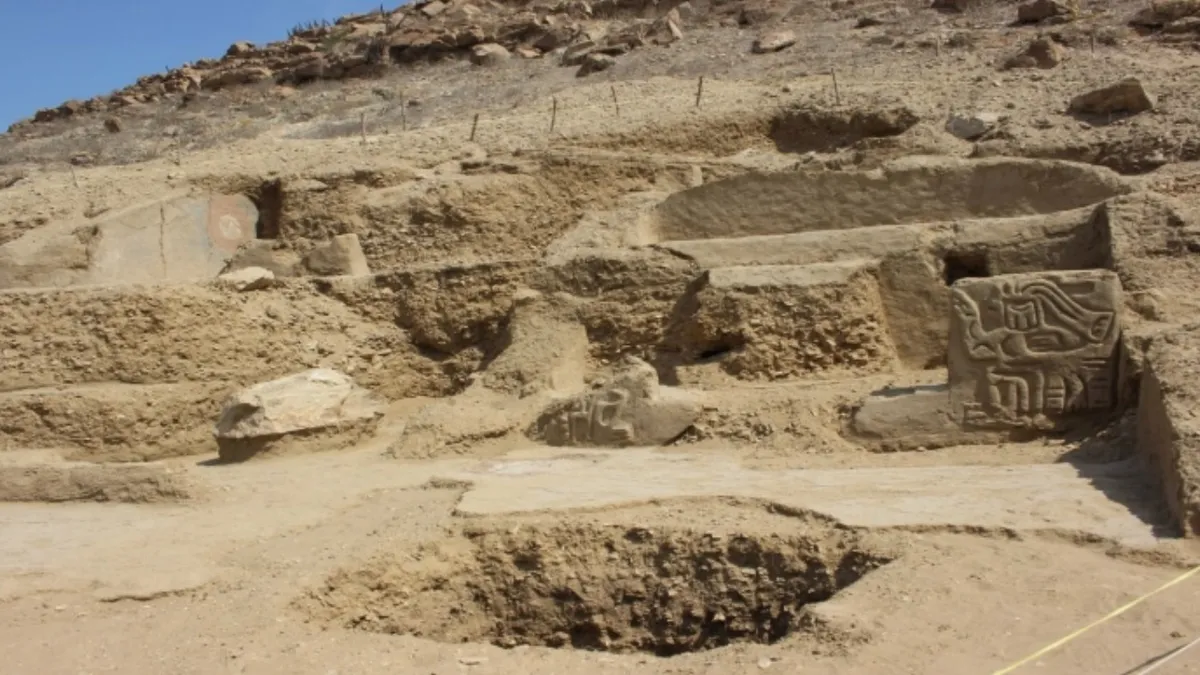
The temple site, which is located in the Zaña (also spelled Saña) district of northwestern Peru, is part of the Los Paredones de la Otra Banda-Las Ánimas Archaeological Complex, according to a translated statement from the Peruvian Ministry of Culture

T Coronae Borealis, or the Blaze star, was last seen in 1946 and will be visible again some time between now and September.
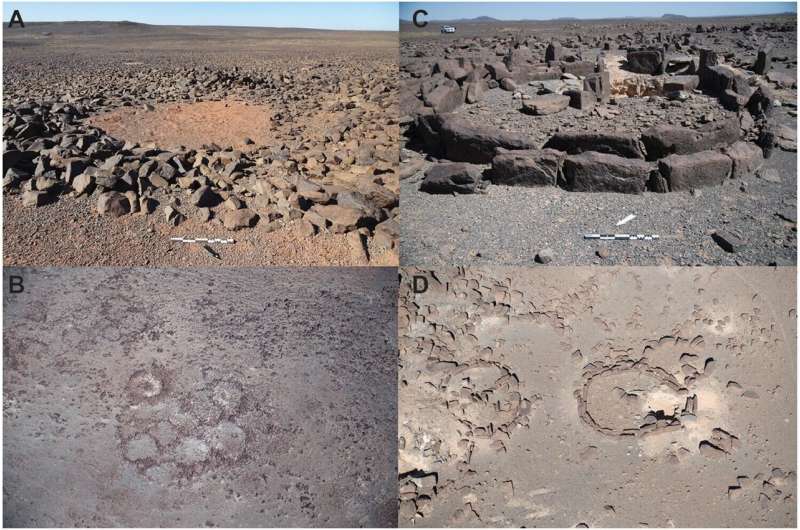
To date, little has been known about people living in north-western Saudi Arabia during the Neolithic…Now, an Australian-led team has released new research in the journal Levant on monumental buildings we call “standing stone circles.”
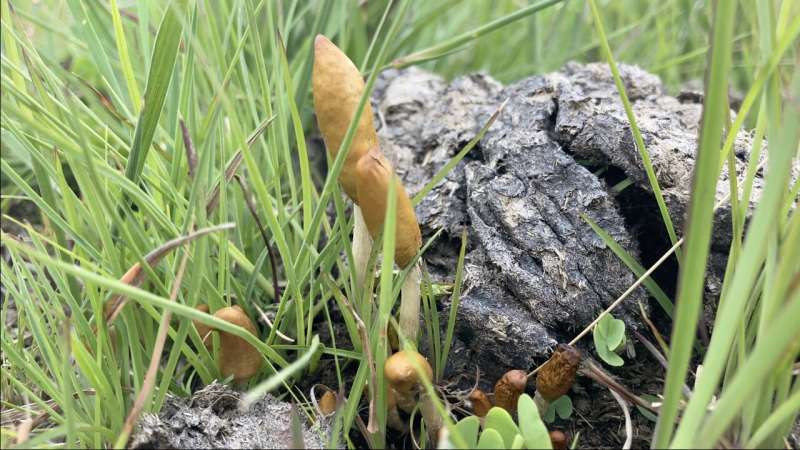
In a paper published in the journal Mycologia this week, researchers from Stellenbosch University (SU) and citizen mycologists describe the two new species as Psilocybe ingeli and Psilocybe maluti.
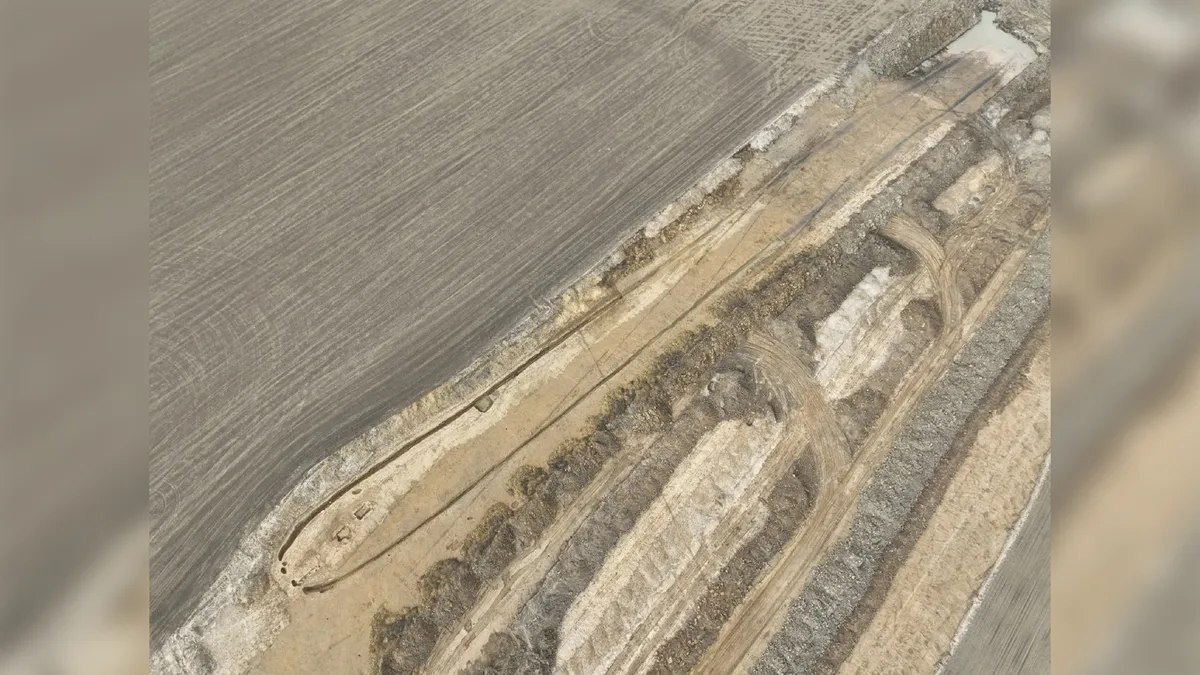
Archaeologists have unearthed what may be Europe’s largest prehistoric burial mound ahead of excavations beside a highway in the Czech Republic. The structure is thought to be made by the people behind the Neolithic Funnel-Beaker culture.
Gilligan is the lead author on a review paper in Science Advances that argues eyed needles, which emerged in the Palaeolithic era about 40,000 years ago, are a signal that clothing had become about more than just keeping warm

Denisovans survived and thrived on the high-altitude Tibetan plateau for more than 100,000 years, according to a new study that deepens scientific understanding of the enigmatic ancient humans first identified in 2010.
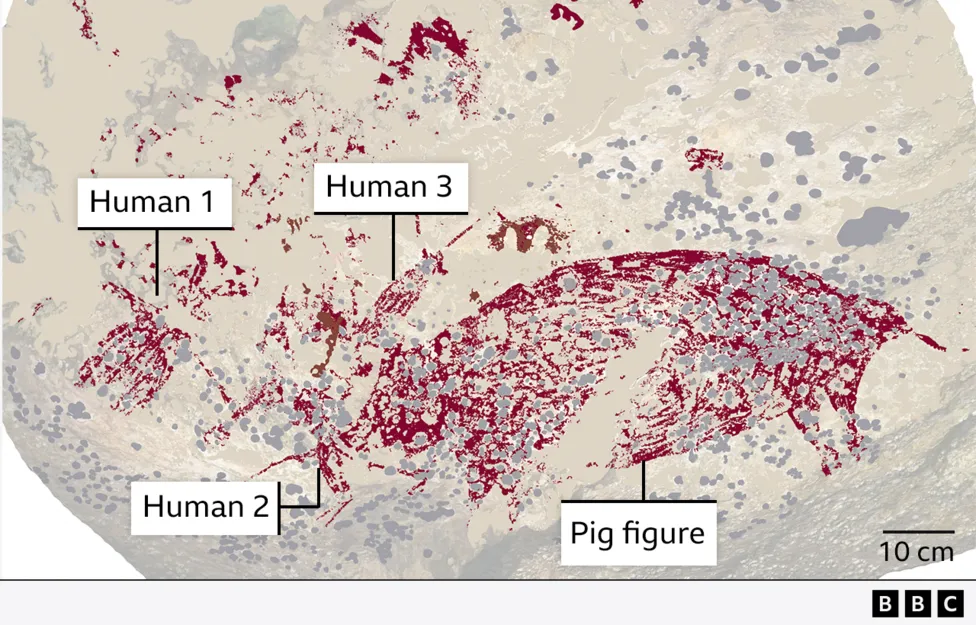
The oldest example of figurative cave art has been discovered in the Indonesian Island of Sulawesi by Australian and Indonesian scientists. The painting of a wild pig and three human-like figures is at least 51,200 years old, more than 5,000 years older than the previous oldest cave art.
Researchers in partnership with the GunaiKurnai Land and Waters Aboriginal Corporation (GLaWAC) unearthed evidence of rituals dating back 12,000 years ago in caves in southeastern Australia. The archaeological find, published on July 1st in the journal Nature Human Behaviour, is from when the last Ice Age ended.
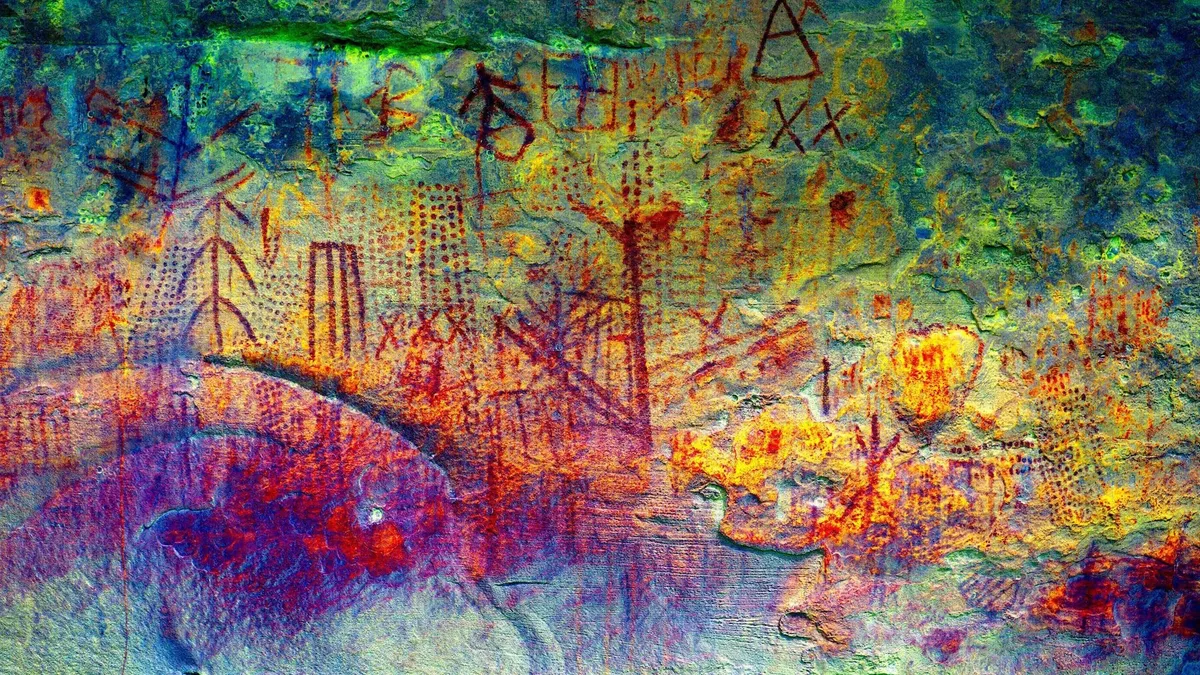
An archeological team in Venezuela has discovered 20 rock art sites that date back thousands of years in Canaima National Park, in the southeastern part of the country.
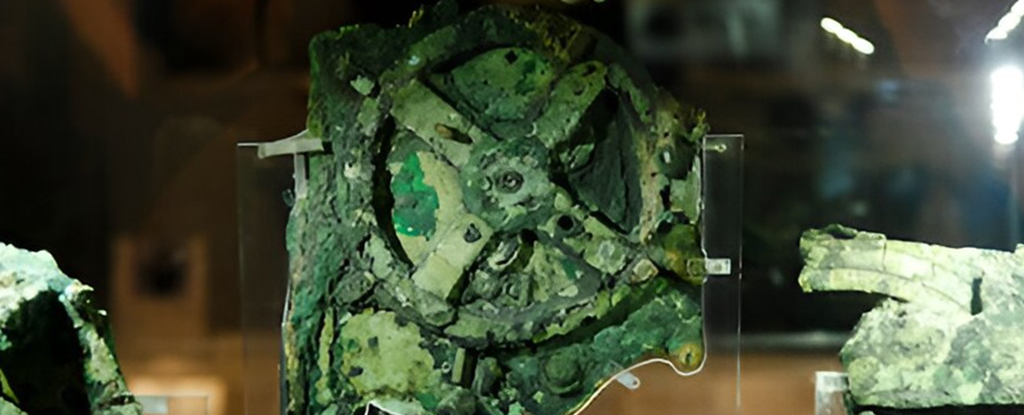
Researchers from the University of Glasgow in the UK have now used statistical modeling techniques borrowed from the study of gravitational waves to extrapolate missing details of a critical dial on Antikythera mechanism.The research has been published in The Horological Journal.
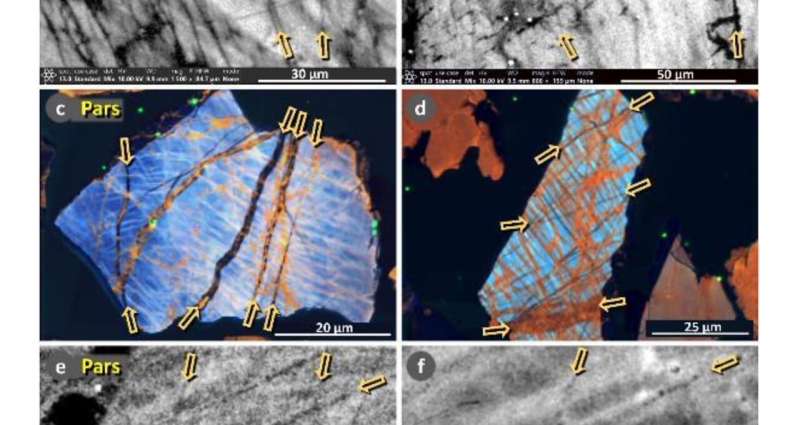
Researchers continue to expand the case for the Younger Dryas Impact hypothesis. The idea proposes that a fragmented comet smashed into the Earth’s atmosphere 12,800 years ago, causing a widespread climatic shift that, among other things, led to the abrupt reversal of the Earth’s warming trend and into an anomalous near-glacial period called the Younger Dryas. See the study here.

Scientists hope wealth of prehistoric material in Wogan Cavern in Wales is well preserved enough to reveal what really happened to our most ancient ancestors
A new study challenges the theory that dinosaur fossils inspired the legend of the mythological creature, the gryphon.
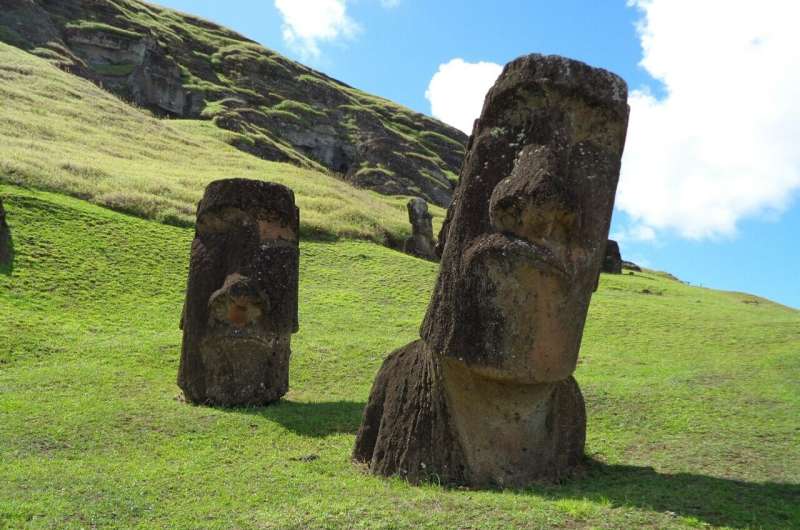
A new study challenges this narrative of ecocide, saying that Rapa Nui’s population never spiraled to unsustainable levels. Instead, the settlers found ways to cope with the island’s severe limits, and maintained a small, stable population for centuries.








